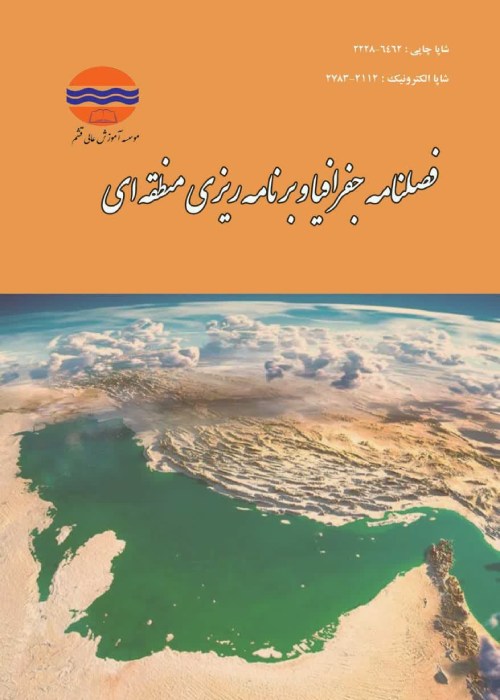Analysis of Ethnic and religious policies and its impact on political participation and ways to upgrade it(Case Study: Turkmen Ethnic in Golestan Province)
Iran has always been referred to as a community with a wide variety of social cleavages, with a mosaic structure. Over the past decade, four generational, gender, ethnic, and religious social cleavages have been of great importance in Iran. One of the relatives who is a good subject for studying within the framework of ethnic and religious cleavages is the Turkmen people. Most Turkmens of Iran live in Golestan province, namely the cities of Gonbad, Bandar Turkmen and Marahteph. Turkmens are Sunni and Hanafi Muslims. The topic that is very important in this regard and the concern of this treatise is the effect of ethnic and religious cleavages on political participation in Golestan province. According to this introduction, the purpose of this essay is to explain and analyze the impact of ethnic and religious cleavages on political participation in Golestan province. The main question of the thesis is that what affects ethnicity and religion as two important cleavages in the whole of Iran, and in particular the Golestan province, on the level of political participation in the province as well as its orientations towards political parties and parties, as well as electoral slogans has it? The present research is a descriptive-survey method of correlational type in terms of type of target. The library method was mainly used to study the literature of the subject and to study the history of research and to learn about the experiences and understand the political participation as well as social gaps inside and outside Iran. Data were collected through a questionnaire and multi-stage cluster sampling. We use the Morgan table to estimate sample size. The sample size was 150 people. The data collection tool was a questionnaire with a reliability of 0.88. Descriptive and inferential statistics were used to analyze the data. The results of this thesis indicate that among the strengths of the ethnic and religious identity of the community studied, their interactions with other ethnic groups and religions, the feeling of less or more social inequality, and the sense of legitimacy of a stronger or weaker political system, and the level and type of political participation in there is a positive and significant relationship between the studied population.
- حق عضویت دریافتی صرف حمایت از نشریات عضو و نگهداری، تکمیل و توسعه مگیران میشود.
- پرداخت حق اشتراک و دانلود مقالات اجازه بازنشر آن در سایر رسانههای چاپی و دیجیتال را به کاربر نمیدهد.


